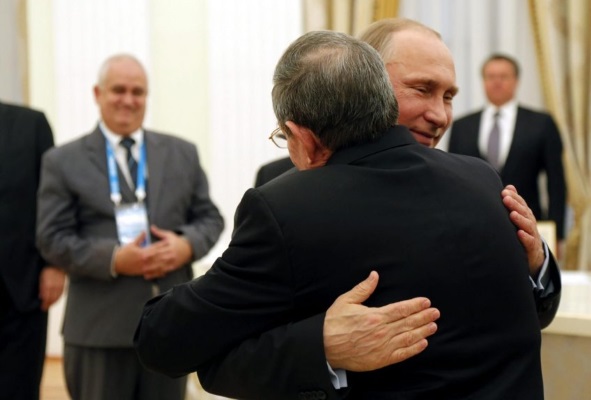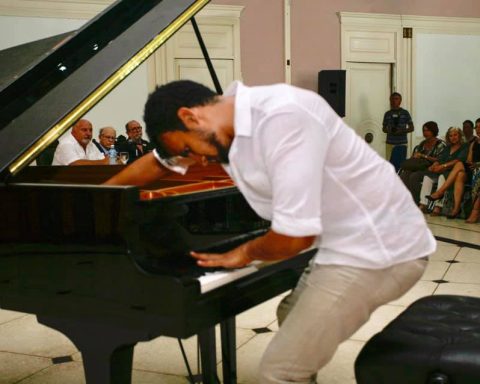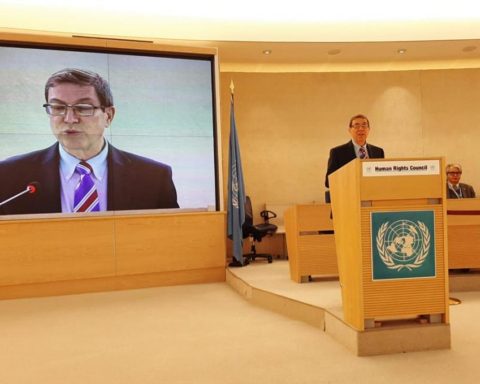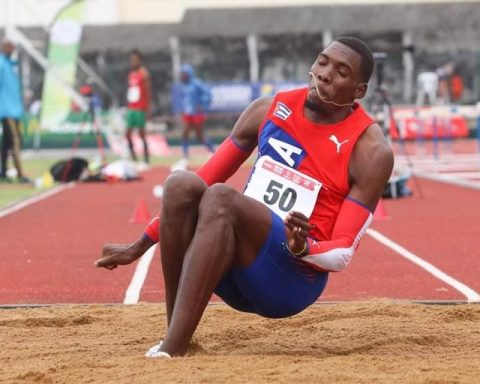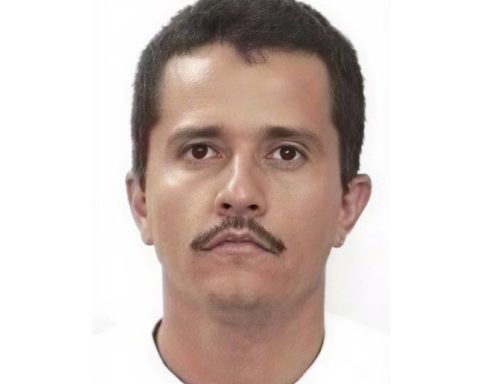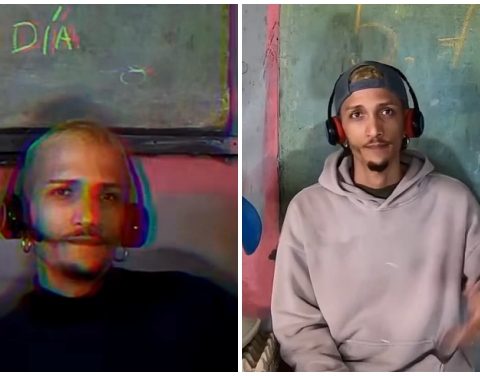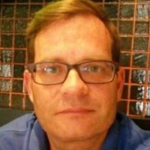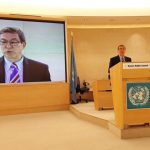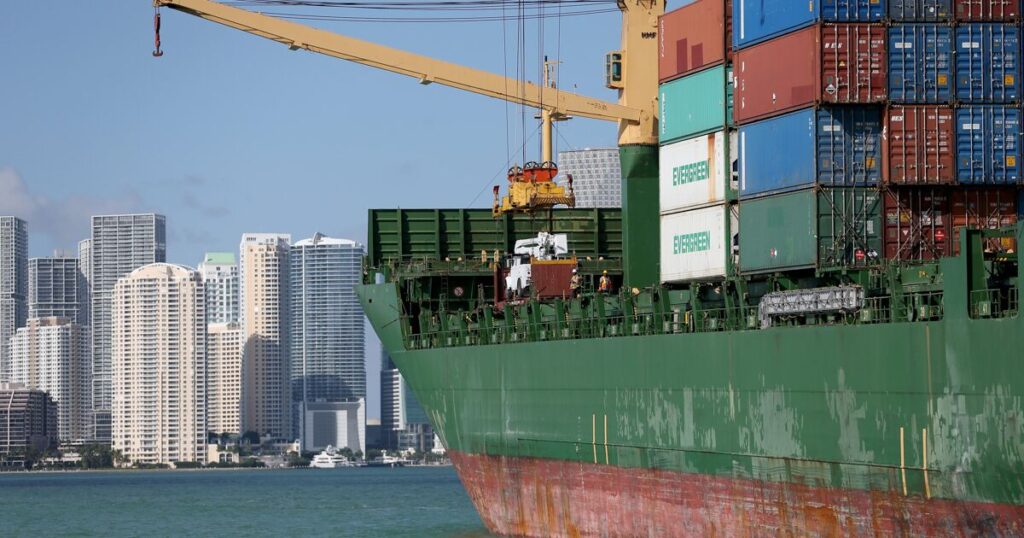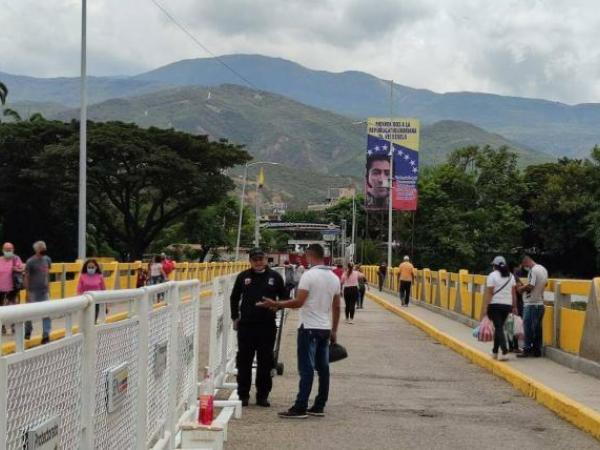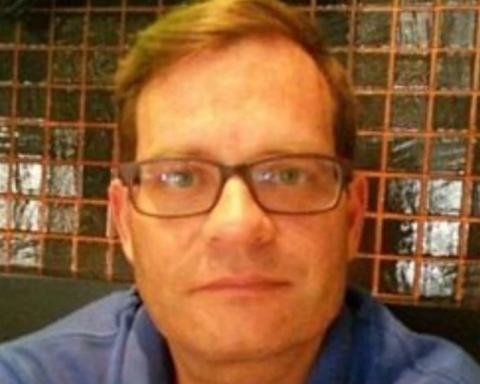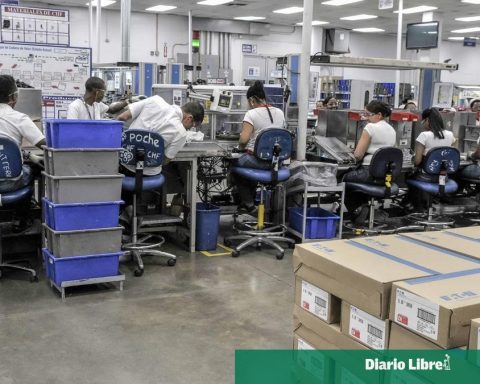HAVANA, Cuba.- The destiny of Russia seems to lead it inexorably to the status of an overpowering empire of other peoples. This is how it was during the time of the tsars, and this is how reality behaved after the emergence of the Soviet Union, when Russia, as the center of the empire, was something like the Rome of these times.
Around 1991 the Soviet Union disappeared, and the new Russian ruler Boris Eltsin seemed to lead his country to international coexistence without imperial airs. However, with the assumption of Vladimir Putin to the presidency of the Eurasian giant, territorial desires have returned to Moscow’s geopolitics.
In the wake of the Russian invasion of Ukraine, Mr Putin has declared that the unipolar world was over. He means this to say that the new Muscovite tsar intends to oppose the strength of the Kremlin and the allies that he acquires along the way to the West, victorious in the Cold War.
And among those allies, in the context of Latin America, Russia has three unconditional henchmen: Cuba, Chavista Venezuela, and Sandinista Nicaragua. In the specific case of Cuba, the enormous debt that the island maintains with Moscow, and that the Russians have condoned or postponed its payment in exchange for Havana’s loyalty, has led Castroism to defend the indefensible at the international level.
But hey, this wouldn’t be the first time, with the invasion of Ukraine, that the Cuban rulers throw overboard their proclaimed principles of defense of the peoples against the excesses of the superpowers. All for the sake of not inconveniencing his friends from Moscow.
We must remember Fidel Casto’s support for the Soviet invasion of Czechoslovakia in 1968; then the failure to condemn Moscow for its invasion of Afghanistan when Castro was president pro tempore of the Non-Aligned Movement; and also the Cuban participation, together with the genocidal man from Moscow in Ethiopia, Mengistu Haile Mariam, in the combats against the Eritrean guerrillas.
Cuban Deputy Prime Minister Ricardo Cabrisas has been promptly dispatched to Cuban creditors with the aim of obtaining financial breathing space for his government. He first went begging at the Paris Club, and more recently he was seen at the International Economic Forum in St. Petersburg.
In the context of this latest meeting, the spokeswoman for the Russian Ministry of Foreign Affairs, Maria Zajárova, declared that “it is important that the Latin American and Caribbean states that have not joined the anti-Russian sanctions are our reliable economic partners.” Likewise, it was announced that, on the sidelines of the Forum, the Russian Foreign Minister, Sergey Lavrov, would receive the heads of the Cuban and Venezuelan delegations to said event.
Castro’s propaganda, as part of the script surrounding the invasion of Ukraine, tries by all means to adulterate events. He first ignored the broad international condemnation of Russia in the United Nations vote, and then applied the euphemism “Russia’s military operation in Ukraine” to evade the label of aggression or invasion.
But no matter how hard the island’s rulers try, their message can only convince a small group of unconditional supporters who, inside Cuba, in Caracas, Managua, and some other stronghold of the recalcitrant left, are willing to accept everything that comes from the Muscovite empire.
The rest of the international community, in politics, economics, sports, culture, and other facets of human life, stands firm in condemning the geopolitical desires of the Kremlin.
OPINION ARTICLE
The opinions expressed in this article are the sole responsibility of the issuer and do not necessarily represent the opinion of CubaNet.
Receive information from CubaNet on your cell phone through WhatsApp. Send us a message with the word “CUBA” on the phone +1 (786) 316-2072, You can also subscribe to our electronic newsletter by giving click here.
